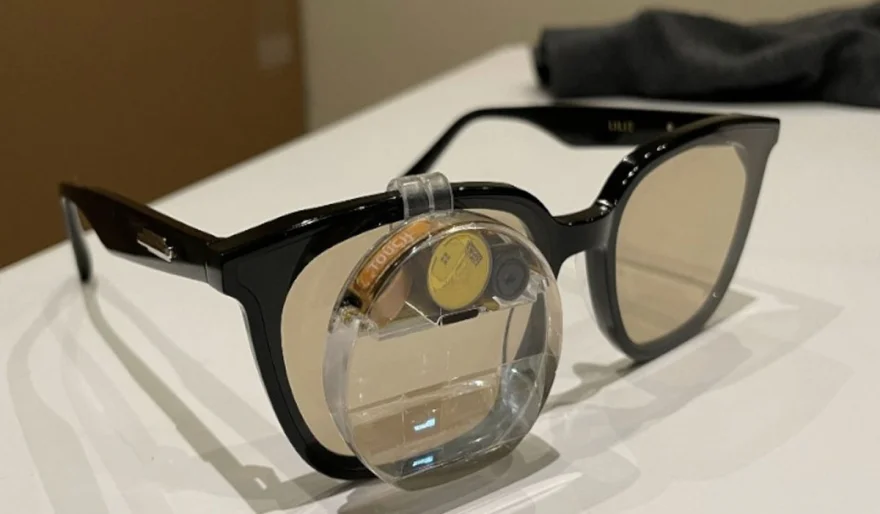Stay Ahead of the Curve
Latest AI news, expert analysis, bold opinions, and key trends — delivered to your inbox.
OpenAI Scores Big: GPT-4o Nails Vision Test, Smart Glasses on the Horizon
4 min read OpenAI, the research lab behind groundbreaking AI models like ChatGPT, has achieved a significant milestone. Their latest model, GPT-4o, has aced a computer vision test, raising eyebrows and fueling excitement about the future of smart glasses. May 24, 2024 07:40
OpenAI, a leading research lab in artificial intelligence, has achieved a significant milestone. Their latest model, GPT-4o, aced a computer vision test designed to assess its ability to understand and interpret the visual world. This breakthrough paves the way for the development of next-generation smart glasses with powerful AI capabilities.
The Challenge: Teaching Machines to See Like Us
Equipping AI models with human-level visual understanding is a complex task. Traditionally, computer vision models have struggled with tasks like interpreting subtle details, understanding context, and recognizing objects from different angles.
GPT-4o: Seeing the World Through AI Eyes
OpenAI's GPT-4o represents a major leap forward. Here's what makes it special:
- Exceptional Performance: On a standardized vision test, GPT-4o achieved near-human accuracy in recognizing and interpreting objects, scenes, and actions.
- Going Beyond Recognition: GPT-4o doesn't just identify objects; it can understand their relationships and the context of a scene. Imagine a smart glass user seeing a building and GPT-4o providing information about its history or architectural style.
The Future: Smart Glasses Get Smarter
The success of GPT-4o in vision tasks has significant implications for the development of smart glasses:
- Enhanced Reality Experiences: Imagine smart glasses that overlay information about your surroundings or translate languages in real time. GPT-4o's capabilities could make these features a reality.
- Accessibility Tools for the Visually Impaired: Smart glasses equipped with AI could provide real-time assistance for people with visual impairments, describing their surroundings and identifying objects.
A Glimpse into the Future, But Challenges Remain
While GPT-4o's performance is impressive, there's still work to be done:
- Real-World Application: Successfully replicating these results in real-world situations with smart glasses will require further development and adaptation.
- Ethical Considerations: As with any powerful technology, the development of AI-powered smart glasses raises ethical concerns around privacy and potential misuse.
The Road Ahead
OpenAI's GPT-4o achieving human-level performance on a vision test marks a significant milestone in AI development. This paves the way for a future where smart glasses, powered by advanced AI, seamlessly integrate with our lives, enhancing our perception and interaction with the world around us. However, careful consideration of ethical implications remains crucial as this technology evolves.



















 AI Agents
AI Agents